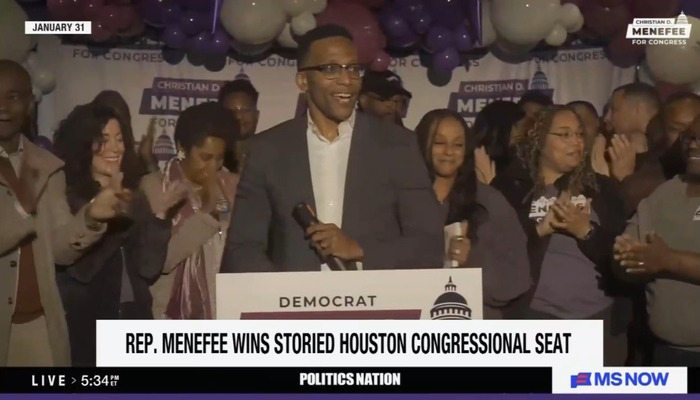CourtWatch Prince George County filed a lawsuit on behalf of those who were forced into cash bond situations where, unable to make their bail, they would find themselves in jail until they would either accept a plea or find themselves so cut off from the outside they could lose their jobs, their homes, or their families. In the end, the court watchers argued, this situation rendered people guilty before ever going to trial, where the law maintains that a defendant is presumed innocent until proven guilty. In a response to the lawsuit by the county, the response, according to Scott Hechinger, was a full-throated defense of the system that attacked citizens simply advocating for their own rights to listen and the rights of those on trial to receive fair access to the judicial system.
The initial response from Prince George County is littered with a combination of pats on the head and an offensive notion that of course people are presumed innocent and that the desire of CourtWatch to observe and participate in the public process amounts to a “war with the system.”
Fiona Apple clarifies exactly what is going on here:
She explains that call-in numbers were rendered useless. Zoom was taken away from people being able to watch. The process went from being transparent to difficult, shutting many completely out and denying people the opportunity to be heard.
There are two reasons to be held after an arrest. The first is if there is compelling evidence of guilt, and the second is if you are a potential flight risk. The problem: Either the county is not using the process, or the process is being used to punish people who have not been found guilty, effectively forcing them into plea agreements or shutting down their external support system.
Changing the cash bail system is not a threat to our system. Keeping thousands of people in jail without reform is a social cost that is unwarranted and offers no proven benefits.
I am certain someone will bring up violent offenders or mass murderers. As someone who was a victim of a violent crime, I can relate. I remind you, though, those individuals fall into the two-prong system in that they represent a threat to society, and they are not likely to be released either way. No, the offenders who are often held are held on petty crimes for which they may be innocent simply cannot afford any better options. They have to choose: Can they afford an attorney? That may mean they cannot make bail. If they pay bail, can they afford rent? How long can they survive without the funds?
One of my favorite Fiona Apple songs, “Slow Like Honey,” includes this lyric: “And stand there waiting / Trying to attain / The end to satisfy the story / Shall I release you? / Must I release you? / As I rise to meet my glory.” There are a lot of Americans who need a story that can satisfy, that calls for their release to freedom. It is through freedom that Americans access fair trials, and our justice system must move along the rails those freedoms put in place, or else bear the weight of judgment against it.














